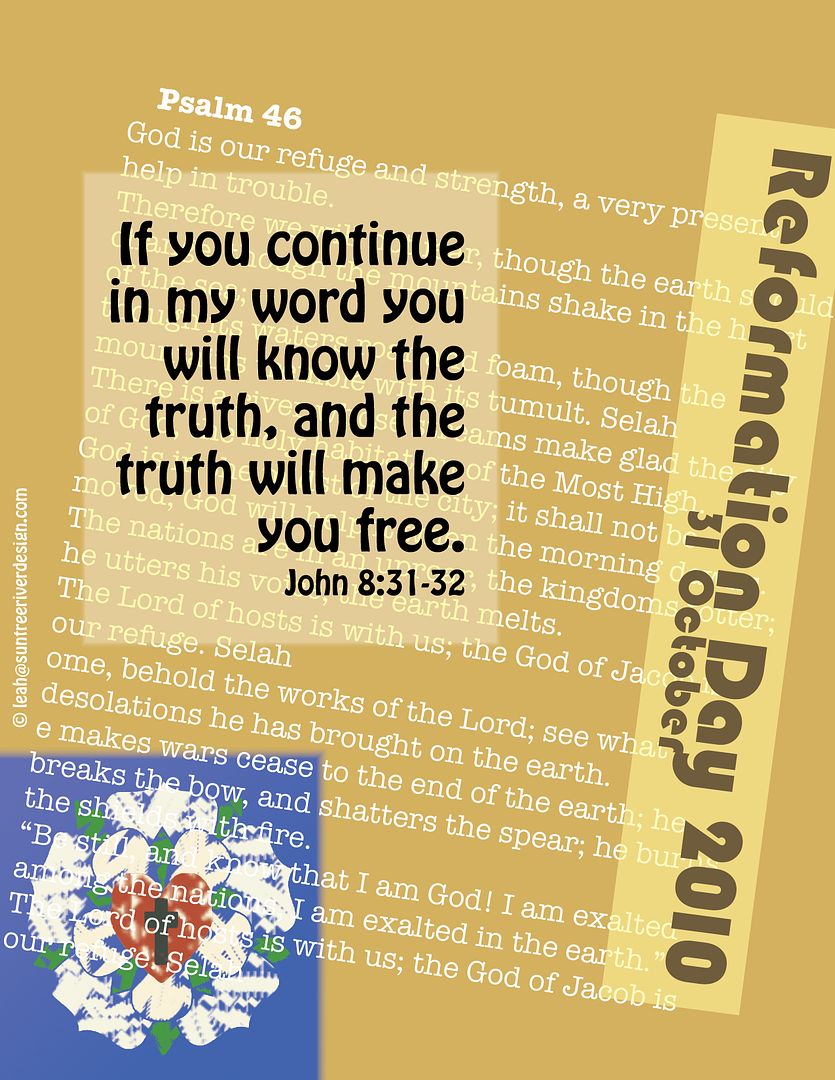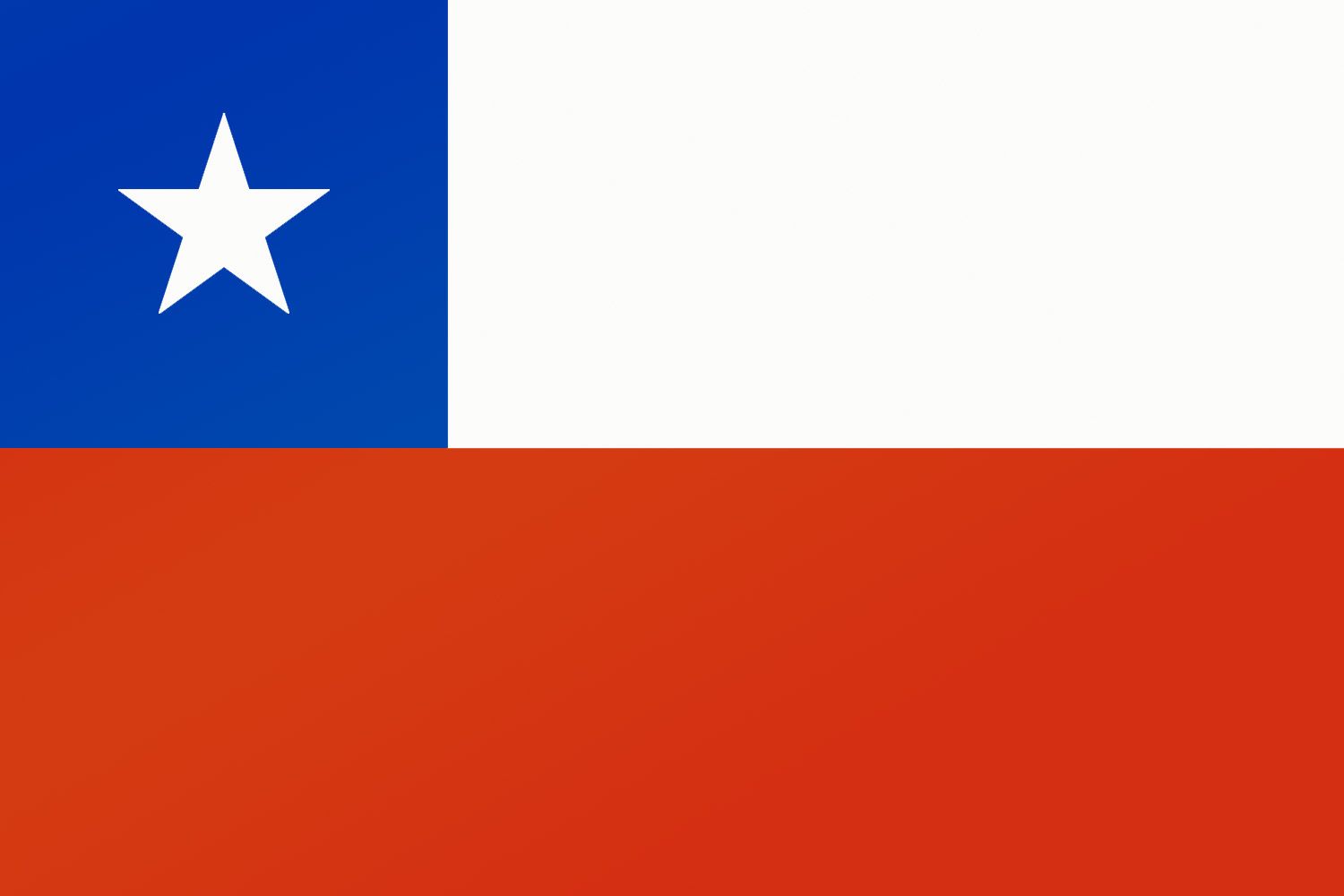9 days late...water and milk and honey!!!
Change dot org sponsors Blog Action Day again this year.
For this year's topic of water, first I considered "what do I know?" I know theology, so now I'm considering the biblical promised land of milk and honey.
Water is the womb of creation.
Genesis 1
1 "In the beginning when God created the heavens and the earth,
2 the earth was a formless void and darkness covered the face of the deep, while a wind from God swept over the face of the waters."
And water is the womb of our first birth and of our re-birth, our re-creation. In baptism, we enter the state of this earth when it was yet unborn; we are submerged in the substance from which first life emerged. God's creative power engulfs us as we identify with this planet's history and with Jesus of Nazareth, who was baptized in the River Jordan.
In the story of the Exodus from slavery, the Hebrew scriptures bring us a well-known account of a 40-year long wandering through an inhospitably arid, apparently barren desert, across a river and then into a place already inhabited by "others."
Remember this? Exodus 3
Exodus 33
3a "Go up to a land flowing with milk and honey..."
Milk and honey is a sign of the fullness of God's reign in justice and righteousness. Flowing honey and surging milk begin with fertile land and rivers of usable water. Ample milk means abundant cattle grazing on luxuriant grass, bovines that bear healthy calves--and that fertilize the ground. Bees make honey; bees pollinate fruits and flowers. Dairy, beef, honey and harvest mean nourishment for farmers, families and community, with overflowing everything to sell at market or barter and trade in order to get whatever you cannot grow.
The story of creation and of the people of God begins with water, continues with almost countless water-related experiences, including a great flood followed by God's covenant with Noah and with all creation, with Abram/Abraham and later Jacob's passage by the Jabbok River... water's scarcity in the exodus desert is central, since the desert became the place where the people learned to recognize and acknowledge water as gift rather than as taken for granted. In the desert's sparse economy, with surprises like water from the rock and manna from the sky, they also learned the kind of trust in God's provision that would enable them later to live in covenant with each other and with all creation.
Exodus 17
1From the wilderness of Sin the whole congregation of the Israelites journeyed by stages, as the Lord commanded. They camped at Rephidim, but there was no water for the people to drink.
2The people quarreled with Moses, and said, "Give us water to drink." Moses said to them, "Why do you quarrel with me? Why do you test the Lord?"
3But the people thirsted there for water; and the people complained against Moses and said, "Why did you bring us out of Egypt, to kill us and our children and livestock with thirst?"
Numbers 20
1The Israelites, the whole congregation, came into the wilderness of Zin in the first month, and the people stayed in Kadesh. Miriam died there, and was buried there.
2Now there was no water for the congregation; so they gathered together against Moses and against Aaron.
3The people quarreled with Moses and said, "Would that we had died when our kindred died before the Lord!
4Why have you brought the assembly of the Lord into this wilderness for us and our livestock to die here?
5Why have you brought us up out of Egypt, to bring us to this wretched place? It is no place for grain, or figs, or vines, or pomegranates; and there is no water to drink."
After they left the geographic, phenomenological Egypt, the people reached into the desert of Shur, where Elim, with its twelve springs of fresh water and seventy palm trees was one of their first stops. Palm trees and fresh springs provided shade and shelter, yet Marah, "bitter waters" was the name of the gateway to Elim's sanctuary, safety and protection.
Exodus 15
22Then Moses ordered Israel to set out from the Red Sea, and they went into the wilderness of Shur. They went three days in the wilderness and found no water.
23When they came to Marah, they could not drink the water of Marah because it was bitter. That is why it was called Marah.
24And the people complained against Moses, saying, "What shall we drink?"
25He cried out to the Lord; and the Lord showed him a piece of wood; he threw it into the water, and the water became sweet. ...
27Then they came to Elim, where there were twelve springs of water and seventy palm trees; and they camped there by the water.
Toward the last part of the texts placed last in the biblical canon there's a rich vision of rivers, trees, wholeness and integrity:
Revelation 22
1Then the angel showed me the river of the water of life, bright as crystal, flowing from the throne of God and of the Lamb through the middle of the street of the city.
2On either side of the river is the tree of life with its twelve kinds of fruit, producing its fruit each month; and the leaves of the tree are for the healing of the nations.
For God's newly constituted, post-exodus people a new phase begins with the body of water that's threshold between past and future and for the Church, waters and rivers - especially The Jordan River - remain icons of baptism, the event in which God irrevocably claims us and calls us to live in trust and in covenant with all creation. For us, baptism is a liminal, a threshold event that divides a disconnected past from new life in covenant with the church in every time and every place and with all creation.
As Christians we are People of the Book that begins with waters of the first creation and ends with rivers of the new, a book in which water is a persistent image. We people of the book also are people of the journey, a faith-filled, trusting trek that is bordered, boundaried and largely defined by the gift of water and our stewardship thereof, a kind of fluid wandering during which we're never still back there but also never have quite reached what we imagined to be our destination. You know I love Carly Simon's
Let the River Run
We're coming to the edge,
Running on the water,
Coming through the fog,
Your sons and daughters.
Let the river run,
Let all the dreamers
Wake the nation.
Come, the New Jerusalem!
Water is the womb of creation and the geographic, landed location of milk and honey cannot happen without pure, "living" water that keeps on birthing and re-birthing everything on earth. Milk and honey requires fertile ground and rivers that flow—rivers that won't catch on fire! That kind of land grows plump grains in well-stewarded prairies, juicy grapes on heavy-laden vines. Milk and honey is a lively sign of well-nourished people, animals, families and communities, of the sufficiency of shalom for everyone with neither too much nor not enough for anyone!
Only when milk and honey abounds can we offer back to heaven the feast of eucharist that gathers and welcomes all creation and all people, excluding no one (except those who exclude themselves). This "foretaste of the feast to come," as the liturgy expresses it, is the sign and realization of all creation's reconciliation, an emblem of justice and integrity of all and for all, a celebration that depends on the river that depends on the humans that depend on the river, the banquet that cannot happen without... water!
Carl Sagan observes, "If you want to make an apple pie from scratch, you must first create the universe." It's a given that we cannot create the universe, but if we want to make apple pies, we must help steward the universe's re-creation and we need to take care of the water, live in covenant with the water, with each other and with all creation.
Blog Action Day 2010: water!!!

 and tells us, I am currently reading Bowling Alone by Robert D. Putnam, where he explores the changes in community in the USA in the 20th Century. He explains how communities, people, and especially children function better when they live where there is high social capital. Basically, it means that "relationships matter."
and tells us, I am currently reading Bowling Alone by Robert D. Putnam, where he explores the changes in community in the USA in the 20th Century. He explains how communities, people, and especially children function better when they live where there is high social capital. Basically, it means that "relationships matter." Beginning 05 August, a 69-day long drama ensued when a collapse at the San José copper mine in the Atacama desert in Copiapó, Chile sealed off exits for miners who were working underground; the location of 32 Chilean nationals and one Bolivian remained unknown for 17 days and the final outcome wasn't really certain until yesterday evening.
Beginning 05 August, a 69-day long drama ensued when a collapse at the San José copper mine in the Atacama desert in Copiapó, Chile sealed off exits for miners who were working underground; the location of 32 Chilean nationals and one Bolivian remained unknown for 17 days and the final outcome wasn't really certain until yesterday evening. 